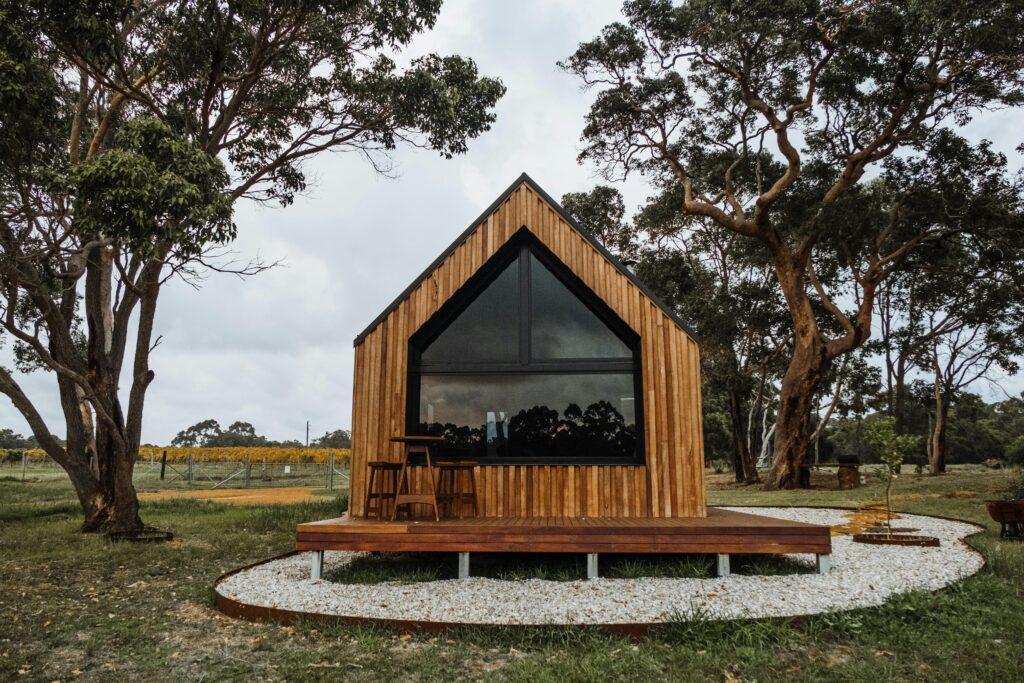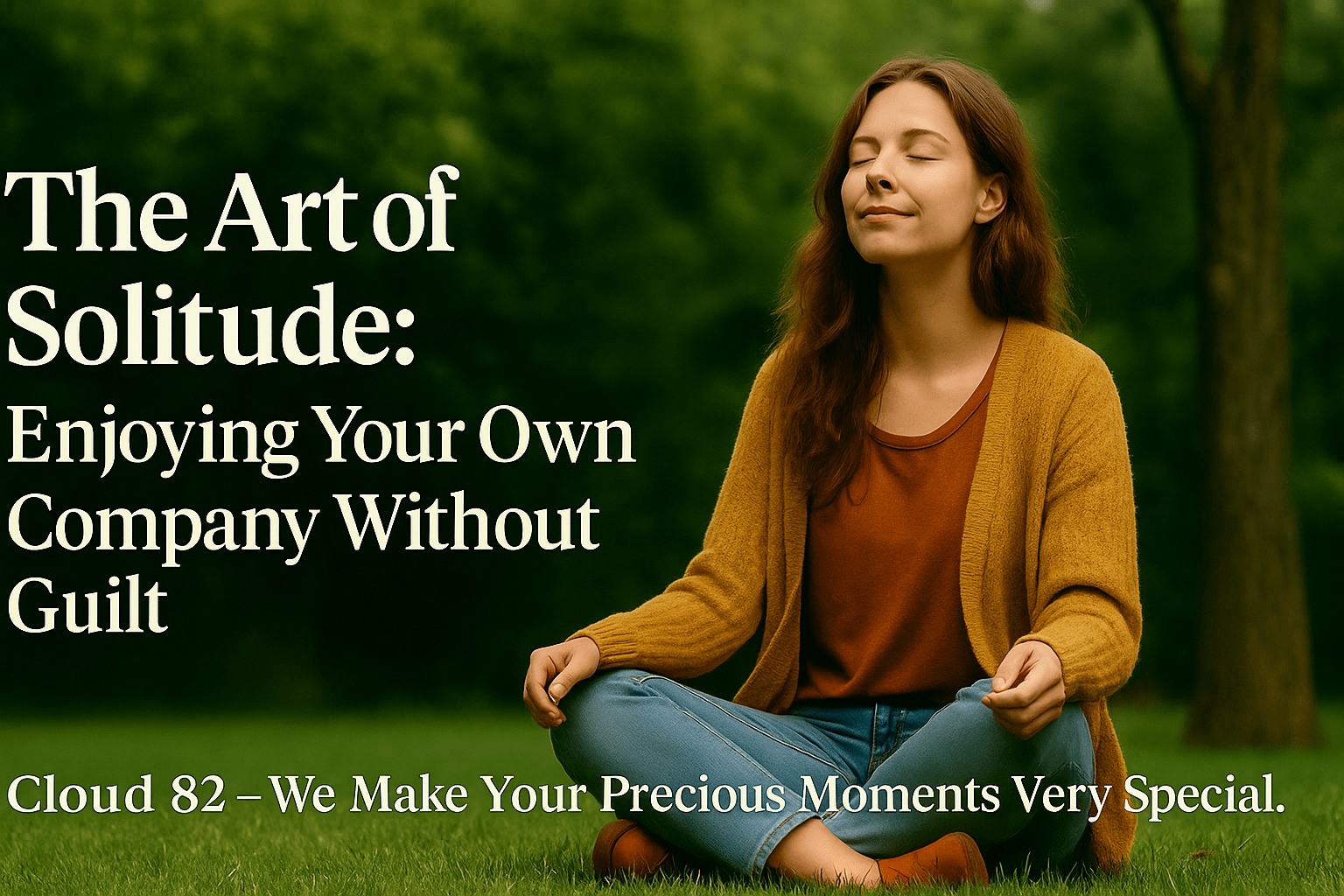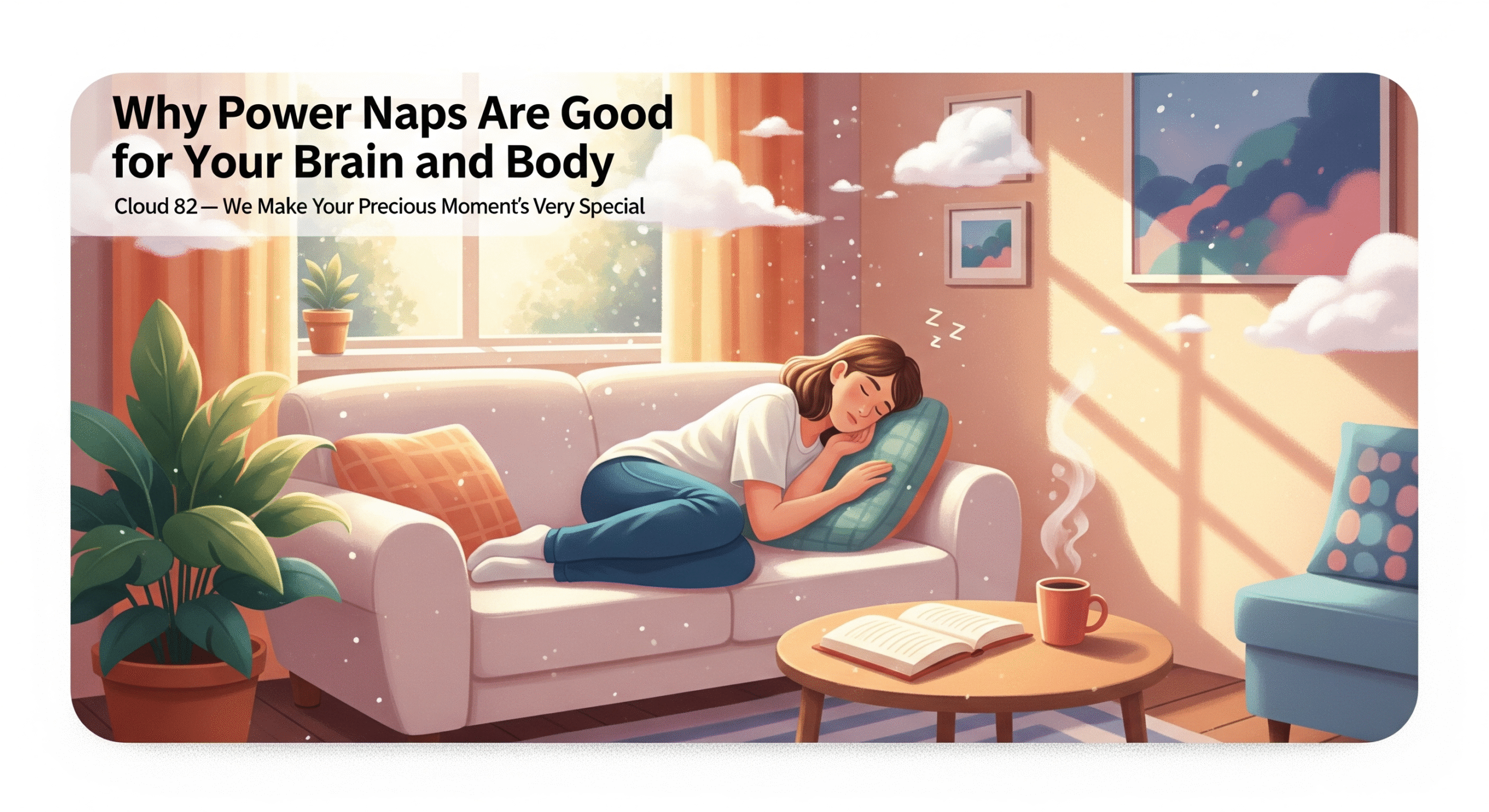“Living Minimal: The Secret to Unlocking a Calmer, Happier You!”

Minimalism has become more than just a trend; it’s a lifestyle that encourages living with less. In a world filled with constant noise, advertisements, and consumerism, many people are now turning to minimalism as a way to regain control of their space, minds, and lives. But minimalism isn’t only about clearing out physical clutter. It’s also about making room for mental clarity, emotional balance, and intentional living.
Decluttering can transform both your physical surroundings and your mental state. By reducing unnecessary belongings, you’re creating space for peace, focus, and happiness. In this post, we’ll explore how decluttering transforms your home and mind, and offer practical tips to help you live minimally and thrive.
The Link Between Clutter and Mental Health
1.1 How Clutter Affects Your Mind
Living in a cluttered space can have a significant impact on your mental well-being. Research has shown that cluttered environments increase stress levels, triggering the release of cortisol, the hormone linked to anxiety and overwhelm. When you’re surrounded by mess and chaos, it can feel like an extension of your internal state—disorganized, frazzled, and unable to focus.
Clutter also contributes to decision fatigue. When your environment is cluttered, your brain has to work harder to sort through visual stimuli, which can drain your mental energy. This constant state of mental overload hampers productivity and can lead to feelings of frustration or being stuck.
1.2 The Benefits of a Minimalist Lifestyle
Minimalism provides a powerful antidote to the mental burdens of clutter. By clearing out unnecessary items, you create a calm, organized space that fosters mental clarity. A decluttered home allows you to focus more easily, reduces stress, and improves your ability to make decisions.
Living minimally also encourages mindfulness. When you eliminate excess, you’re able to be more intentional about the things you own, how you spend your time, and what truly matters. Whether through anecdotal evidence or research-backed studies, the benefits of minimalism on mental health are clear: less clutter equals a clearer, happier mind.
Practical Decluttering Tips to Transform Your Space
2.1 Start Small: One Step at a Time
One of the biggest hurdles to decluttering is feeling overwhelmed by the sheer amount of stuff. The key is to start small. Choose one area—like a single drawer or your kitchen countertops—and focus on decluttering that space first. Taking small, consistent steps, or “micro-decluttering,” can make the process more manageable and prevent burnout.
As you declutter smaller areas, you’ll build momentum and confidence to tackle larger spaces. Remember, minimalism isn’t about decluttering everything overnight. It’s a gradual process of letting go.
2.2 The 4-Box Method: A Simple Decluttering System
To simplify the decluttering process, the 4-box method is an easy-to-follow system. Take four boxes and label them: “Keep,” “Donate,” “Sell,” and “Trash.” As you go through each space, place items into one of these boxes. Here’s a quick guide to what typically goes in each category:
- Keep: Items that serve a purpose or bring joy.
- Donate: Items in good condition that you no longer need.
- Sell: Valuable items you’re ready to part with.
- Trash: Broken or worn-out items that can’t be donated or sold.
This method helps you stay organized during the decluttering process, ensuring that each item is consciously considered.
2.3 Adopting the KonMari Method
Marie Kondo’s KonMari Method has gained worldwide fame for its focus on decluttering by asking one simple question: “Does it spark joy?” The idea is that you should only keep items that genuinely make you happy or serve an important function.
The KonMari Method emphasizes mindful decision-making. Instead of mindlessly keeping items out of habit, it encourages you to reflect on the emotional value each item holds. This method helps reduce the tendency to hold onto clutter out of guilt or attachment and fosters a more intentional relationship with your belongings.
Decluttering Beyond Physical Spaces: Transforming Your Mindset
3.1 Letting Go of Emotional Attachments to Clutter
One of the biggest challenges in decluttering is dealing with the emotional attachment we have to our possessions. Sentimental items, gifts, or things we’ve held onto for years can be hard to part with. But holding on to things for purely emotional reasons can weigh us down, mentally and emotionally.
To let go, consider taking photos of sentimental items or keeping just a few meaningful things that truly resonate with you. It’s about freeing up mental energy by releasing what no longer serves you, both physically and emotionally.
3.2 Mindful Consumption: Bringing Minimalism Into Your Life
Minimalism isn’t just about decluttering—it’s about changing the way you consume. By adopting a mindset of mindful consumption, you become more intentional about what you bring into your life. This shift from consumerism to minimalism encourages you to focus on quality over quantity.
Some practical tips for practicing mindful consumption include the “one in, one out” rule, where for every new item you bring in, you must remove one. Another is pausing before purchasing something new to consider whether it truly adds value to your life. Minimalism is about prioritizing experiences, relationships, and well-being over material possessions.
The Long-Term Benefits of Decluttering and Minimalism
4.1 Creating a Calming, Organized Space
A minimalist space doesn’t just look aesthetically pleasing—it also feels peaceful. Decluttering creates open, clear spaces that foster a sense of calm and tranquility. Whether you’re working, relaxing, or sleeping, an organized environment supports mental clarity and helps reduce anxiety.
Open spaces allow for better flow and can even improve creativity and productivity. The connection between a calm environment and emotional well-being is profound: when your surroundings are at peace, so is your mind.
4.2 Boosting Productivity and Mental Clarity
Clutter is a constant source of distraction. When your space is disorganized, your mind struggles to focus on tasks, leading to reduced productivity. Decluttering boosts productivity by removing visual and mental distractions, allowing you to think more clearly and accomplish more in less time.
By staying organized, you can plan better, maintain a sense of control, and avoid feeling overwhelmed. The long-term mental benefits of minimalism—greater focus, improved decision-making, and emotional balance—make it a powerful tool for both personal and professional growth.
Conclusion: Embrace Minimalism for a Happier Life
Decluttering isn’t just about tidying up your home; it’s about transforming your mindset and improving your mental well-being. By letting go of excess and focusing on what truly matters, you create space for peace, clarity, and joy. Minimalism encourages you to live intentionally, prioritize quality over quantity, and make mindful decisions that enhance your life.
Take the first step today: declutter one small space in your home and reflect on how it makes you feel. You may find that by living with less, you gain so much more.
Frequently Asked Questions (FAQs)
- How do I start decluttering if I feel overwhelmed?
Start small, like with a single drawer or closet. Build momentum over time. - What if I have trouble letting go of sentimental items?
Keep a few meaningful items or take photos to preserve the memory without holding onto clutter. - How can minimalism improve my mental health?
Decluttering reduces stress, increases focus, and promotes a sense of calm in your surroundings. - What are some easy decluttering methods for beginners?
Try the 4-box method or the KonMari Method to get started on any space in your home. - How do I keep clutter from building up again?
Adopt mindful consumption habits by avoiding impulse buys and following the “one in, one out” rule.






